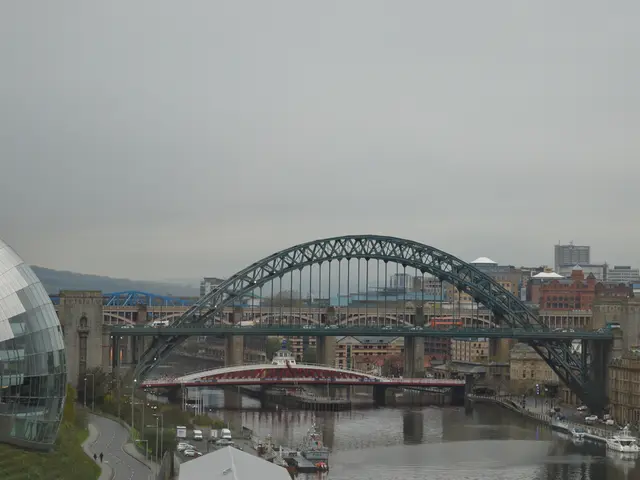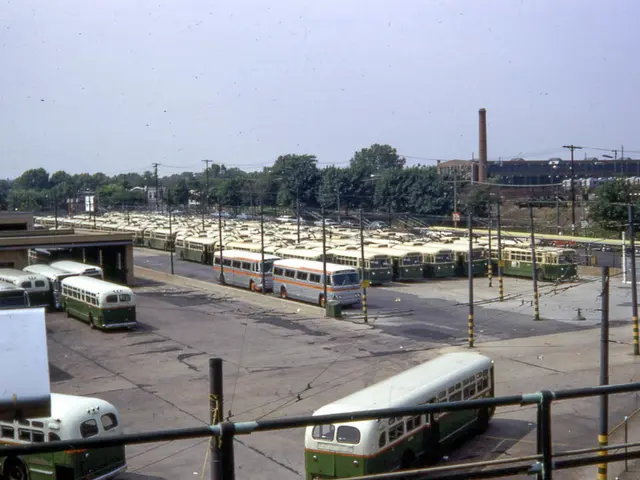Improving the Transportation System under Marcos' Reign, Facing Challenges due to Previous Tragedies
In the wake of tragic accidents on the Subic-Clark-Tarlac Expressway (SCTEX) and Ninoy Aquino International Airport (NAIA) Terminal 1, President Ferdinand Marcos Jr. is pushing for substantial reforms to increase accountability and safety across the Philippines' transportation system. Here's a breakdown of the proposed changes:
- Review of Driver Licensing System: To secure safe roads, Marcos has ordered a comprehensive assessment of the driver licensing system, prioritizing vetting only suitable, capable, and responsible individuals for both private and commercial driver's licenses[2][3].
- Nationwide Audit of Bus Operators: A thorough audit will be conducted to guarantee compliance with safety and maintenance standards among bus operators, with penalties for non-compliance[2][4].
- Strengthened Labor Regulations: The Department of Labor and Employment is tasked with addressing hazardous labor conditions and exploitation within the transport sector, focusing on worker health, fatigue, and extended working hours[2][4].
- Mandatory Drug Testing for PUV Drivers: The Department of Transportation will enforce regular drug testing for public utility vehicle (PUV) drivers to ensure their capacity to operate vehicles safely[2][4].
- Demand for Accountability: Marcos has underscored the importance of holding responsible parties to account for the accidents, aiming to revamp the entire transport system to provide optimal public protection[4][5].
So, buckle up, Filipinos! It's time for a safer, more secure ride ahead. #MarcosReforms #AccountabilityMatters #SafePhilippines tube24:Online
- The Presidential push for reforms in the Philippines extends to Manila, with a focus on the city's transportation system following recent car-accidents.
- In an effort to address general-news issues such as accidents, Marcos plans to revise the driver licensing system, ensuring only capable and responsible individuals receive both private and commercial licenses.
- Financial penalties will be imposed on bus operators in Manila who fail to comply with safety and maintenance standards, as part of a nationwide audit aimed at improving the industry.
- The Department of Labor and Employment is taking steps to address hazardous labor conditions in the transportation sector, focusing specifically on Manila, with a goal of improving worker health, reducing fatigue, and limiting extended working hours.
- To prioritize safety, the Department of Transportation will mandate regular drug testing for public utility vehicle (PUV) drivers in Manila and across the Philippines.
- As part of the Marcos Reforms initiative, all parties involved in transport-related accidents in Manila, such as those on the Subic-Clark-Tarlac Expressway (SCTEX) and Ninoy Aquino International Airport (NAIA) Terminal 1, will be held accountable, with a goal of creating a safer transportation system for the country.









